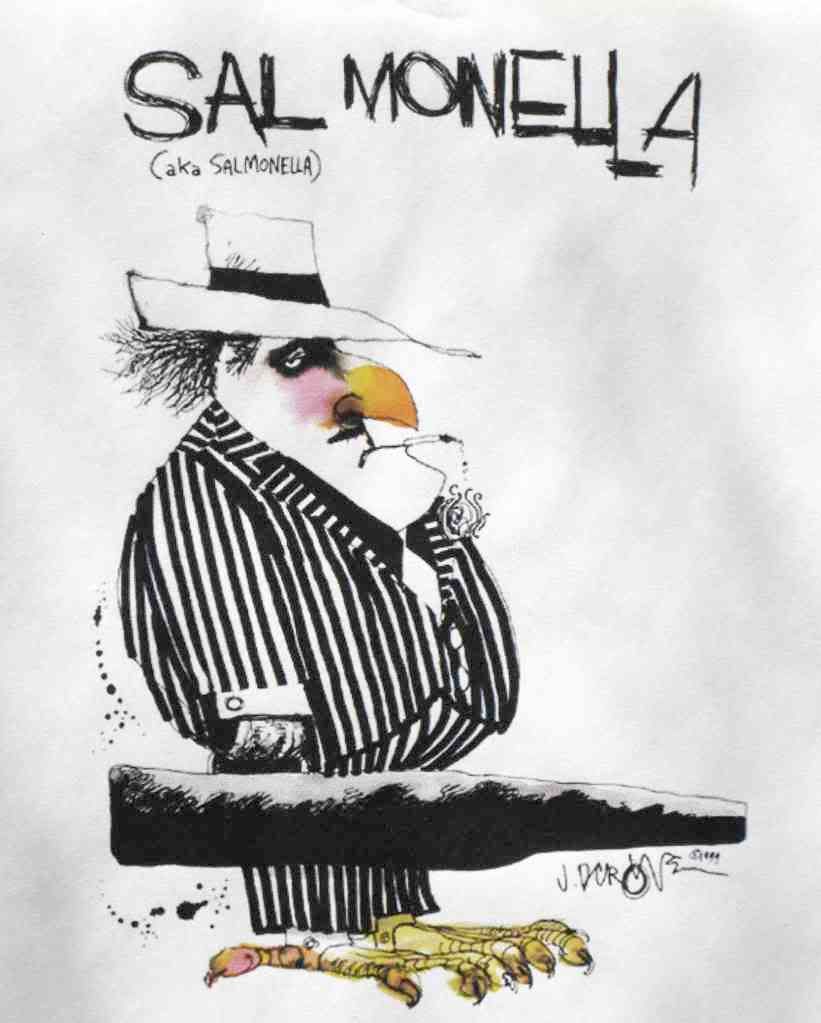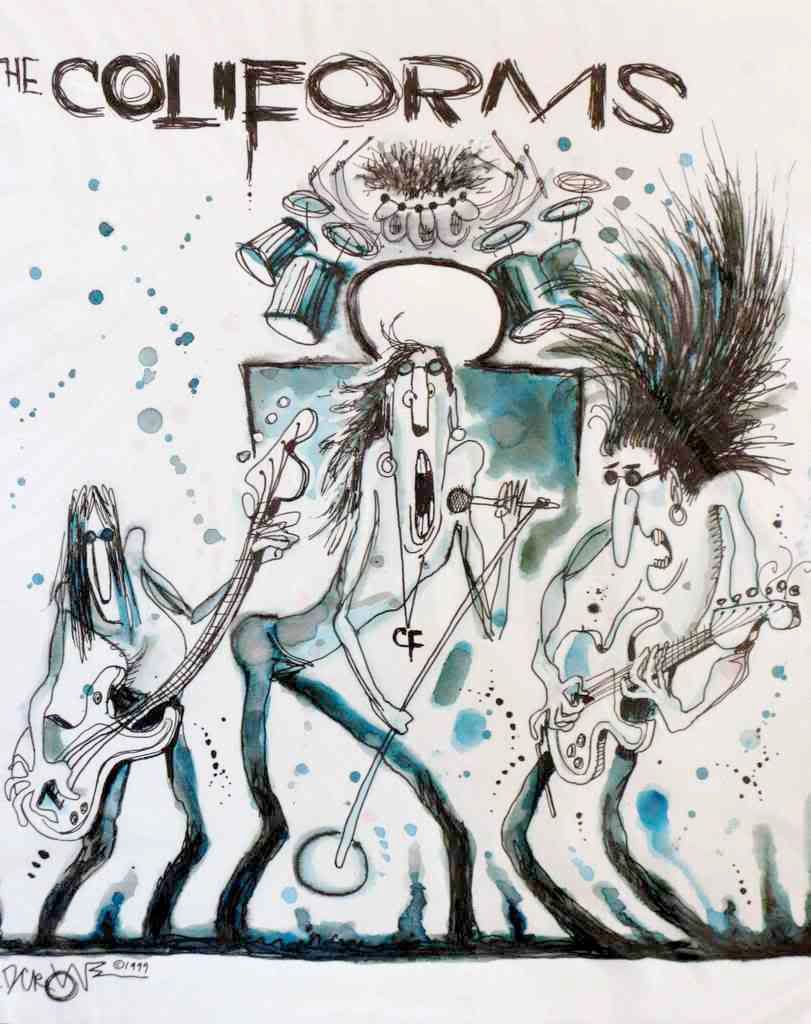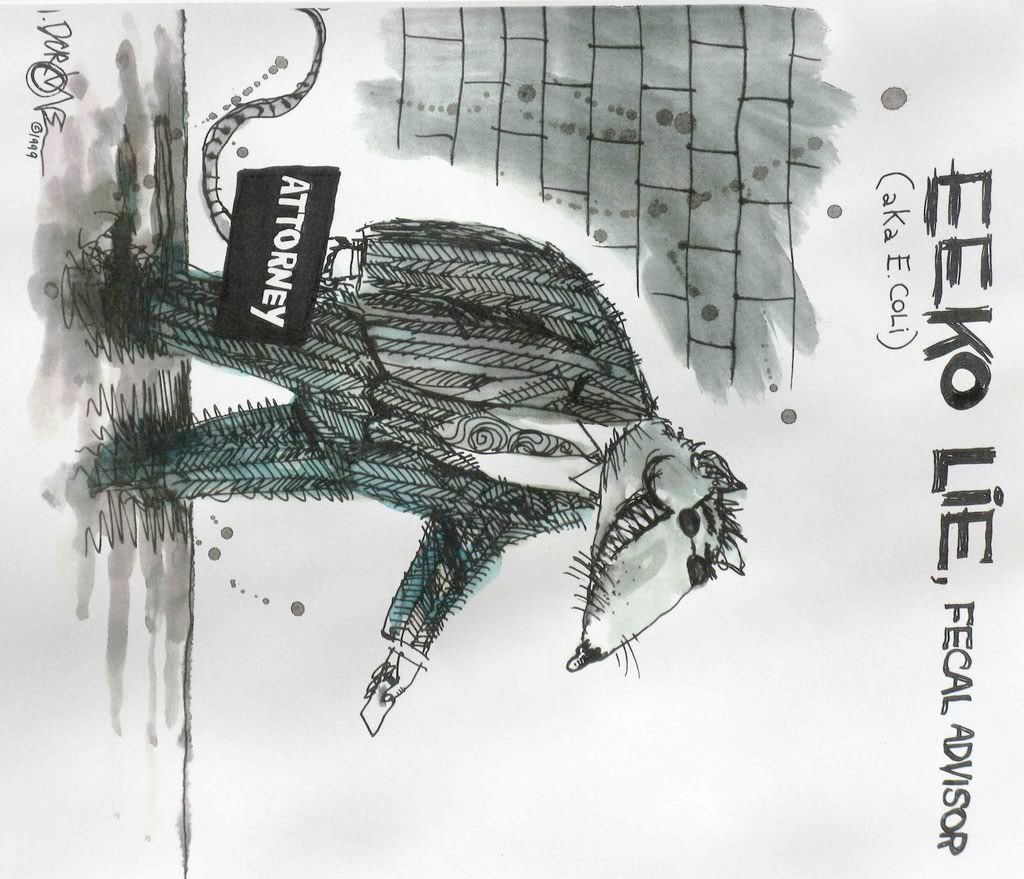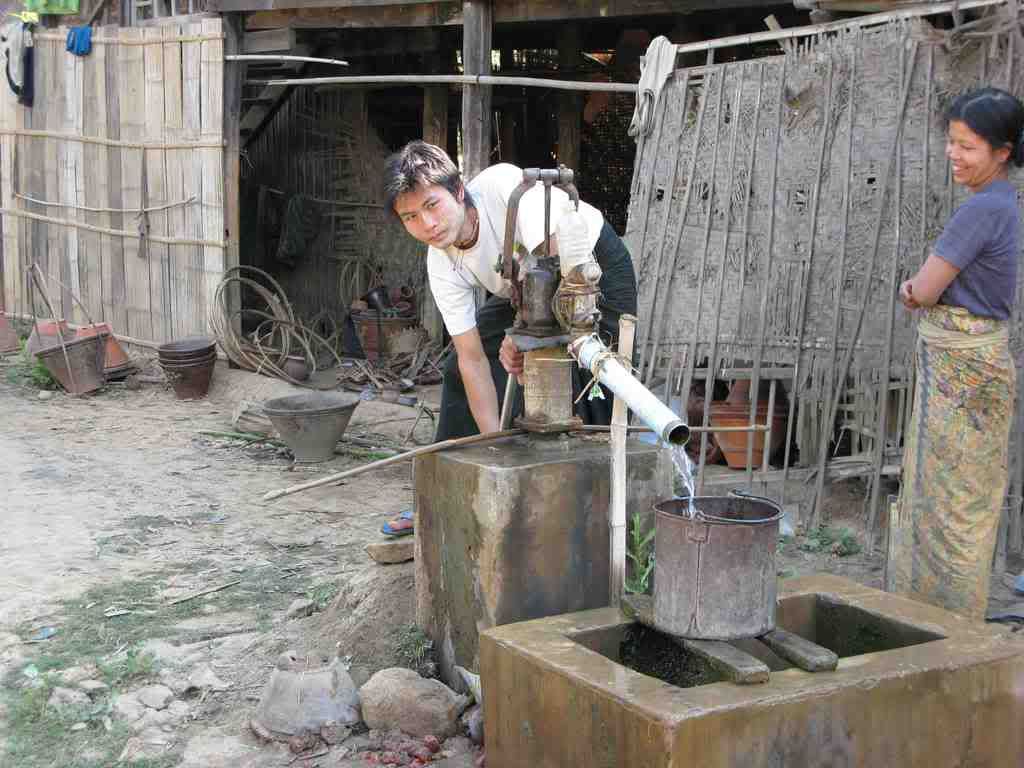In the 1950's researchers at Dow Chemical Company obtained the first in a series of US patents describing the use of melamine as a feed component for ruminant animals (i.e., cattle, goats and sheep). The United States does not now permit the addition of melamine to animal feeds.
Melamine is a permitted component of adhesives in the United States and is considered an indirect food additive for that reason.
Melamine is generated by plants, goats, hens and rats as a breakdown product of the pesticide cyromazine.
In short, there are many ways in which trace amounts of melamine can enter our food. The presence of tiny quantities of melamine – less than 1 ppm – may be undesirable, but its not necessarily the result of deliberate deception or adulteration.
Why, then, all the fuss over trace amounts of melamine reported this week in infant formulas manufactured in the United States? Simply, we consumers don't like to be patronized or lied to by the government officials who are supposed to protect the safety of our food supply. Let's review how the story unfolded.
September 12, 2008. In response to the initial reports out of China, FDA issued its first Health Advisory statement, assuring US consumers that "... there is no known threat of contamination in infant formula manufactured by companies that have met the requirements to sell infant formula in the United States."
While FDA didn't specifically say that infant formula manufactured in the United States was melamine-free, the wording of their statement implied this to be the case.
October 3, 2008. FDA posted an Interim Safety And Risk Assessment for melamine, concluding that, for infant formulas, "... FDA cannot establish a level of melamine and its analogues in these products that does not raise public health concerns." And in a FAQs page posted on the FDA site (no publication date indicated), FDA also said:
"There is too much uncertainty to set a level in infant formula and rule out any health concern. However, it is important to understand this does not mean that any exposure to any detectable level of melamine and melamine –related compounds in formula will result in harm to infants."
November 26, 2008. Associated Press broke the story that FDA had begun testing domestic infant formula for the presence of melamine and cyanuric acid (a related compound that often is a fellow-traveller) in September, and had found trace amounts in samples from two different manufacturers. The information was obtained by AP following their submission of a Freedom of Information request.
November 28, 2008. FDA updated its Interim Safety and Risk Assessment as a result of having found trace amounts of melamine and cyanuric acid in US-manufactured infant formulas. The revised statement says:
"Because FDA has found infant formula where just melamine or just cyanuric acid was present, it is updating the safety/risk assessment. These findings were in U.S.-manufactured infant formula products, and only extremely low levels of melamine or cyanuric acid have been detected in them."
and
"The safety/risk assessment assumes the analogues to have equal effect. Thus, levels of melamine or one of its analogues alone below 1.0 ppm in infant formula do not raise public health concerns."
Conveniently, the revised safety assessment corresponds to the 1.0 ppm limit adopted as an interim standard by other countries around the world – including China. The revised assessment gives the reader an impression that FDA established a "safe" level for melamine, only because some domestic products were found to contain trace amounts of the contaminant.
There is a lot that is still unknown about the risks to human health of trace levels of melamine and cyanuric acid in food. The World Health Organization is convening a meeting of experts this week (December 1-4, 2008) to review the available data and – one hopes – provide guidance to food safety agencies worldwide.
In the meantime, we shall all continue to be exposed to very low levels of melamine, cyanuric acid, and thousands of other chemicals – natural and man-made – that are present in the environment.
FDA put its foot in its mouth with its initial implication that domestic infant formula was not involved in the melamine problem. The agency compounded its error by not telling the American public that it was screening domestic brands of infant formula for melamine contamination. And it stuffed a second foot into its mouth by its clumsy handling of the information release and the revised Safety and Risk Assessment.
FDA also has been slow to alert consumers to some of the melamine-contaminated products from China that were sold in the United States. US consumers deserve better from the federal agency that has primary responsibility for the safety of the country's food supply.











